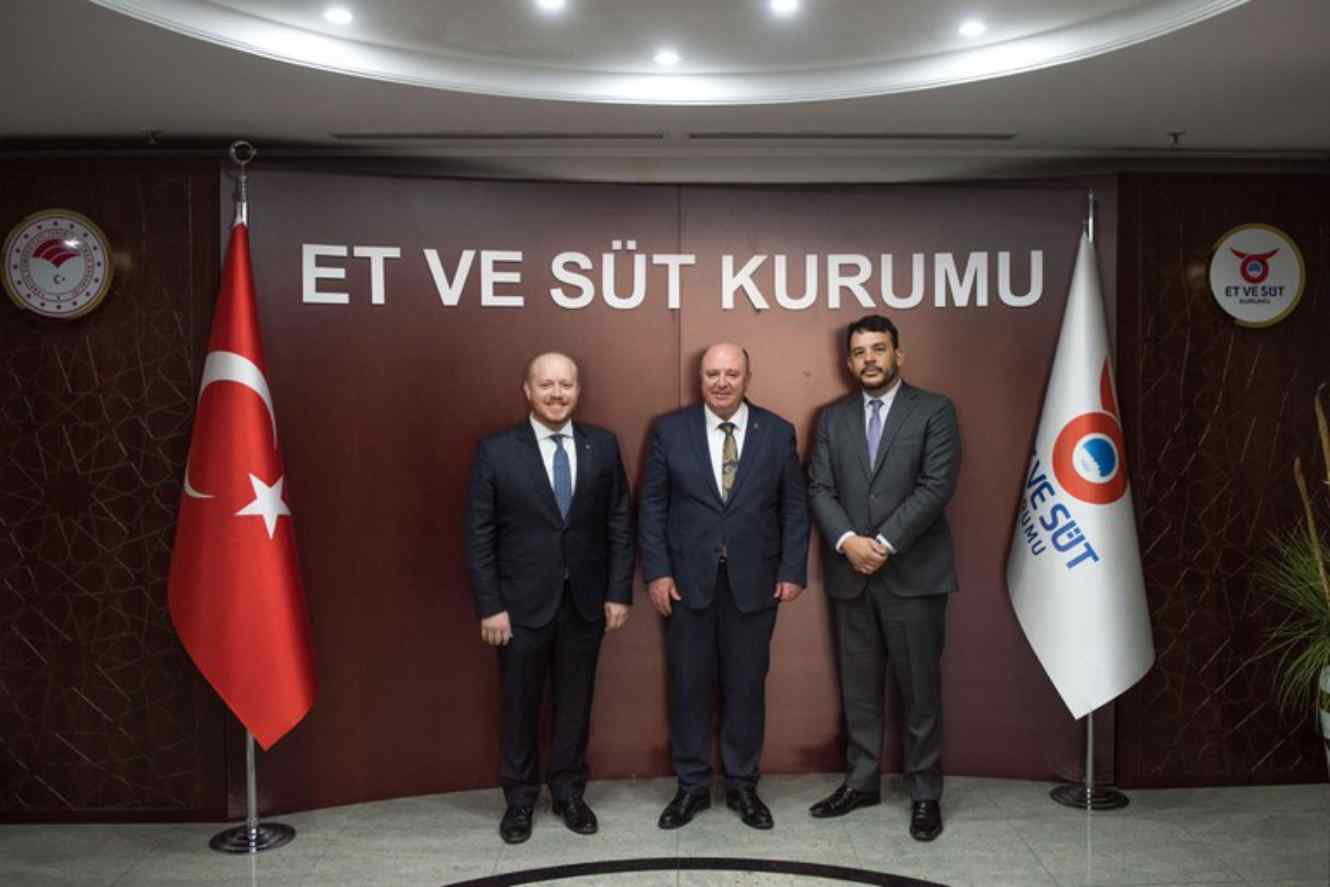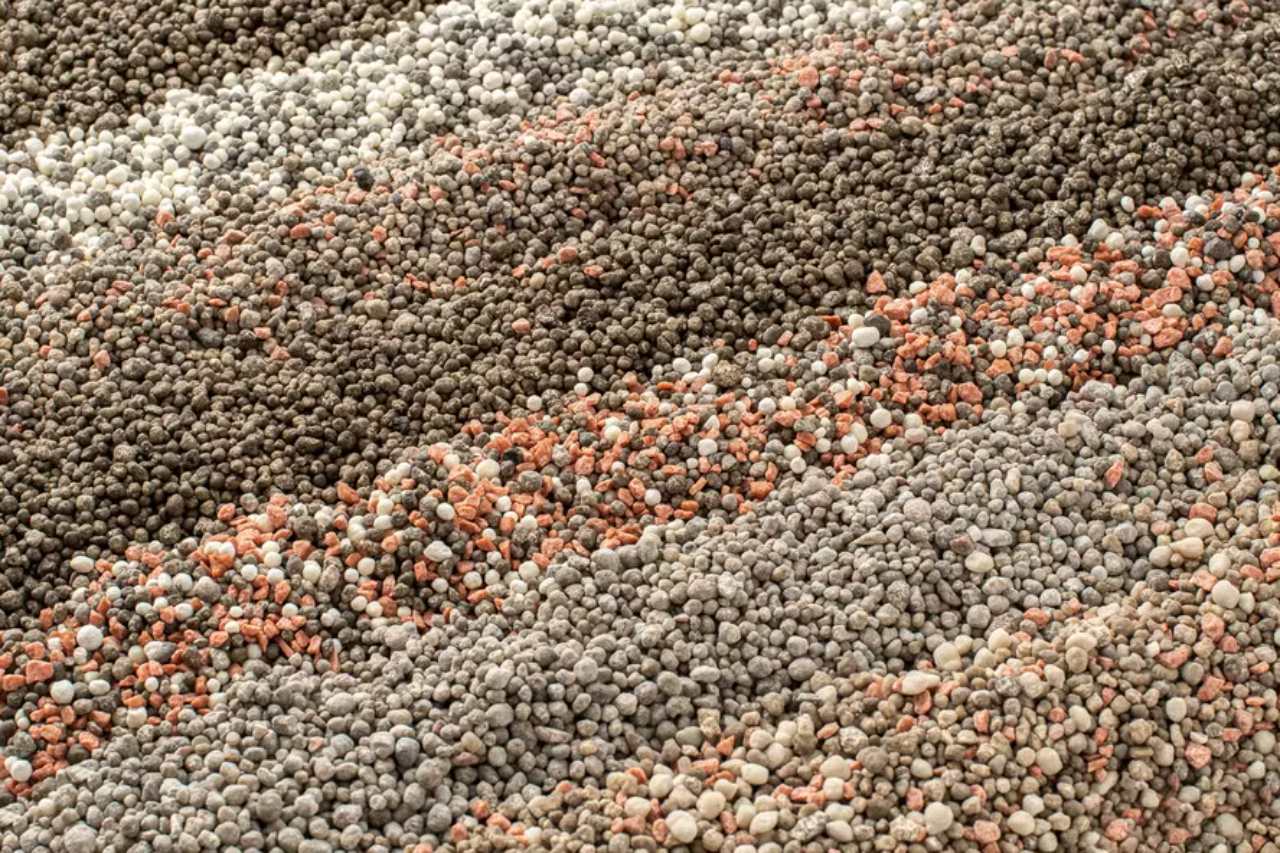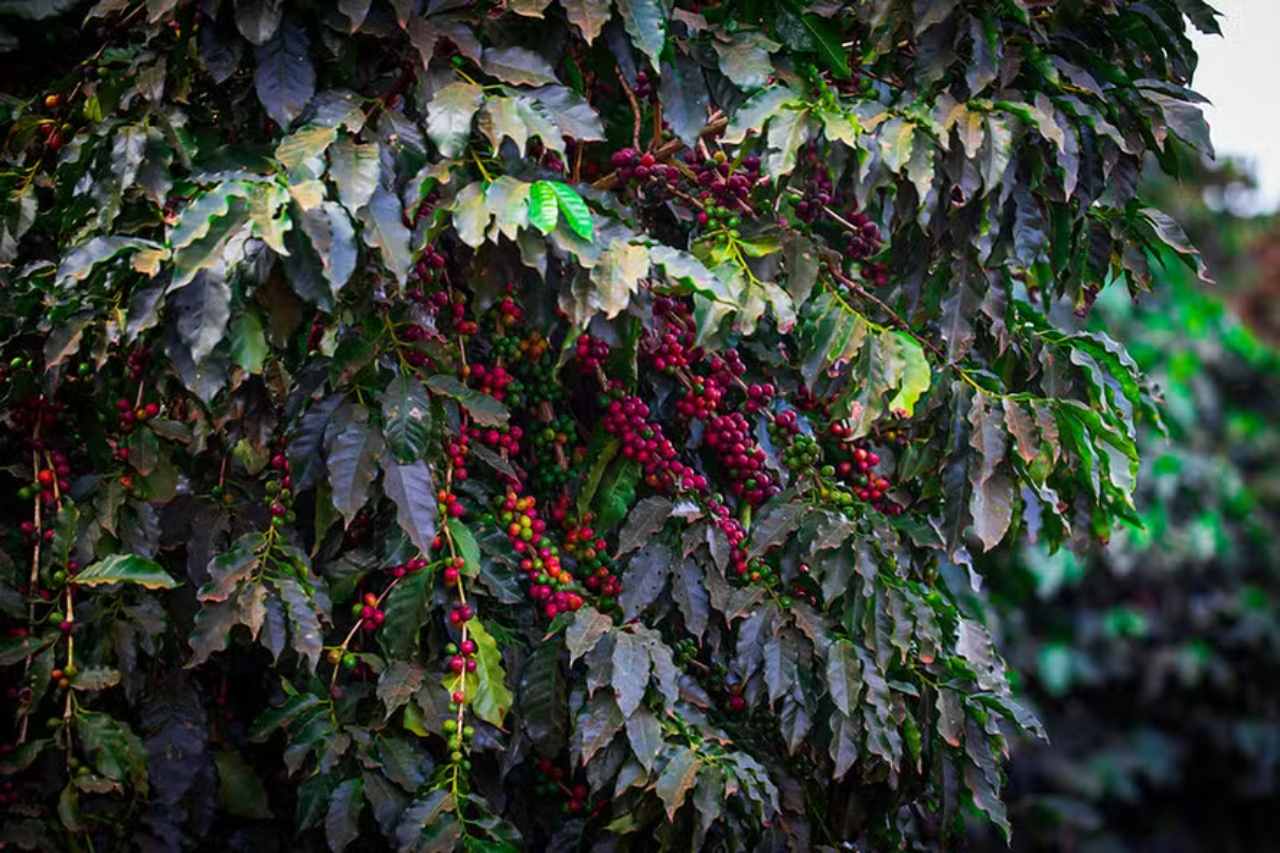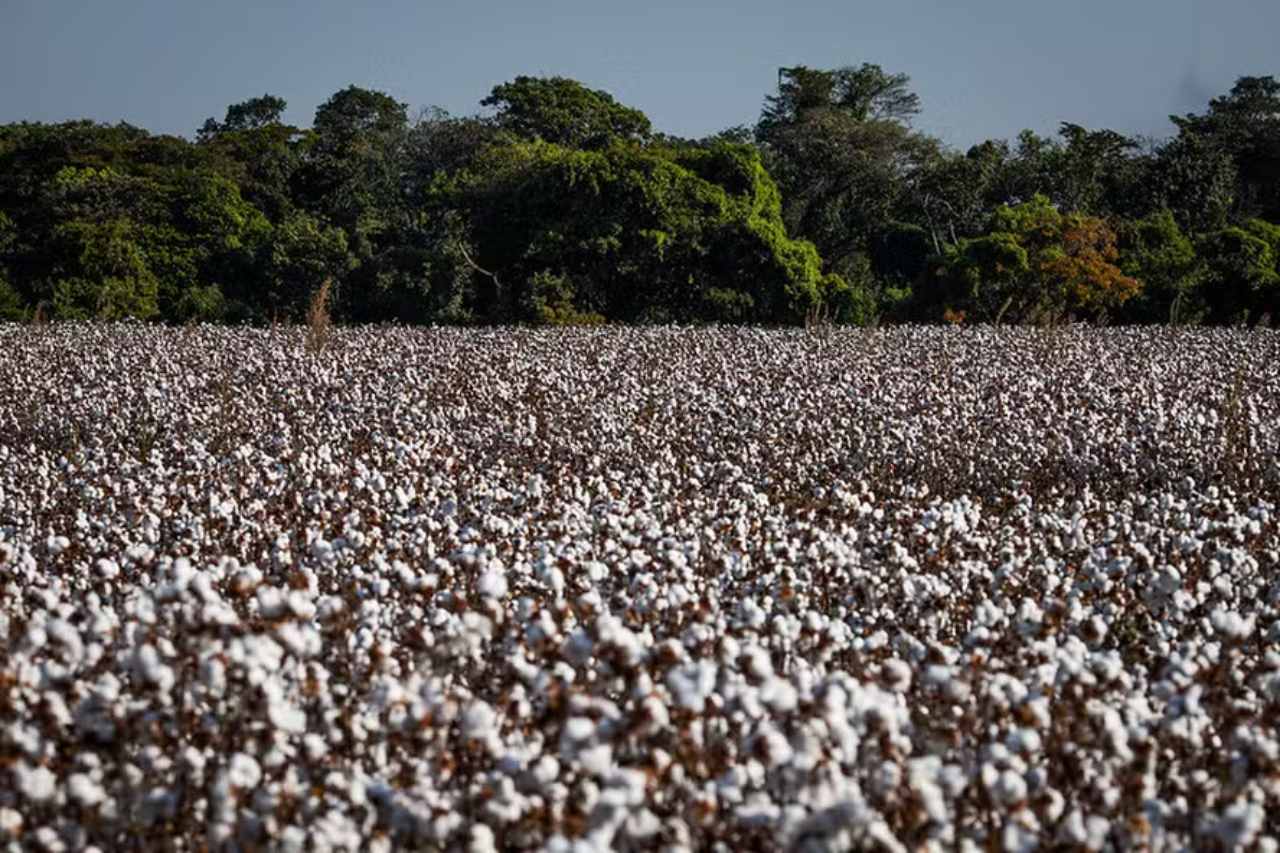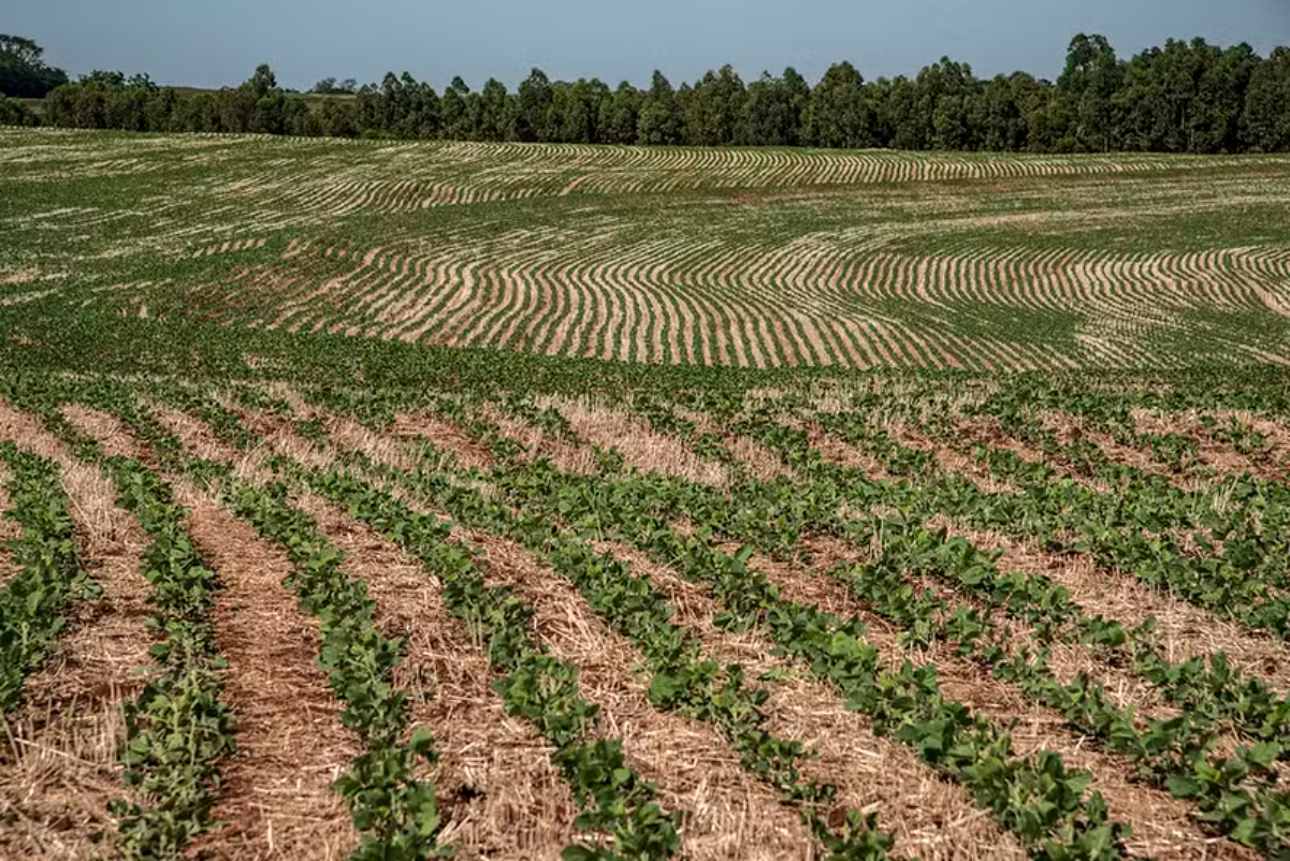The Mission Aimed to Position Brazil as a Strategic Partner to Meet Growing Food Demand in Turkey
In an official mission in Ankara, the Ministry of Agriculture and Livestock (Mapa) took an important step towards enabling Brazilian beef to enter the Turkish market, one of the few major global destinations still closed to Brazilian beef, alongside Japan, Vietnam, and South Korea.
The mission was led by Mapa’s Deputy Secretary for Trade and International Relations, Julio Ramos, representing Secretary Luis Rua, along with Marcelo Mota, Director of the Department of Animal Health at the Ministry of Agriculture’s Secretariat of Agricultural Defense (SDA), and with the support of the Brazilian Embassy in Egypt. The mission aimed to position Brazil as a strategic partner to meet Turkey’s growing food demand, highlighting the quality and safety of Brazilian production and compliance with halal requirements.
Meetings included discussions with Ersin Dilber, Director-General of the Food and Control Directorate at Turkey’s Ministry of Agriculture and Forestry, and Mustafa Çatak, Head of the Department of Animal and Animal-Origin Products Border Control; Mustafa Kayhan, Director-General of Turkey’s Meat and Dairy Authority; and Atilla Bastirmaci, Deputy Director-General for International Affairs and Agreements at Turkey’s Ministry of Commerce, responsible for the Americas, in addition to a meeting at the Brazilian Embassy in Ankara with Minister Marcelo Viegas.
During the conversations, Mapa’s Deputy Secretary highlighted the importance of agricultural exports for Brazil’s economic growth, emphasizing that increased trade with Turkey could boost the GDP, generate jobs, and increase income. This effort is supported by the Ministry of Foreign Affairs (MRE) and the Brazilian Export and Investment Promotion Agency (ApexBrasil), which collaborate in promoting exporters and consolidating trade flows.
In addition to beef, the Brazilian delegation addressed issues related to other Brazilian agricultural products and the removal of restrictions on poultry from Rio Grande do Sul, related to the Newcastle disease.
The opening of an agricultural attaché office in Ankara, scheduled for the end of the year, is expected to intensify dialogue between the two countries, strengthening this essential cooperation for Brazil in international trade. Turkey is Brazil’s seventh-largest destination for agricultural exports. In the first nine months of 2024 alone, trade with Turkey reached approximately BRL 2.6 billion, with highlights including soybeans, textile products, and coffee.
In the agricultural sector, this year, there were four market openings for Brazilian agricultural products in Turkey: the export of non-edible gelatin and collagen, egg products, organoleptic viscera (for animal feed), and bovine heparin. These expansions have been supported through the work and partnership with the Secretariat of Agricultural Defense.
“With this mission, we reaffirm our commitment to expanding trade flows and showcasing the quality of Brazilian production to the world, contributing to fighting inflation and offering high-quality products. Under the leadership of Minister Carlos Fávaro and with the guidance of Secretary for Trade and International Relations, Luis Rua, and Secretary of Agricultural Defense, Carlos Goulart, we are focused on generating jobs, boosting GDP, and strengthening income in Brazil. Turkey is a strategic partner, and with the support of MRE and ApexBrasil, we aim not only to open markets but to consolidate them by actively seeking Brazilian exporters to ensure these advances lead to lasting and mutually beneficial trade flows,” emphasized Secretary Julio Ramos.

